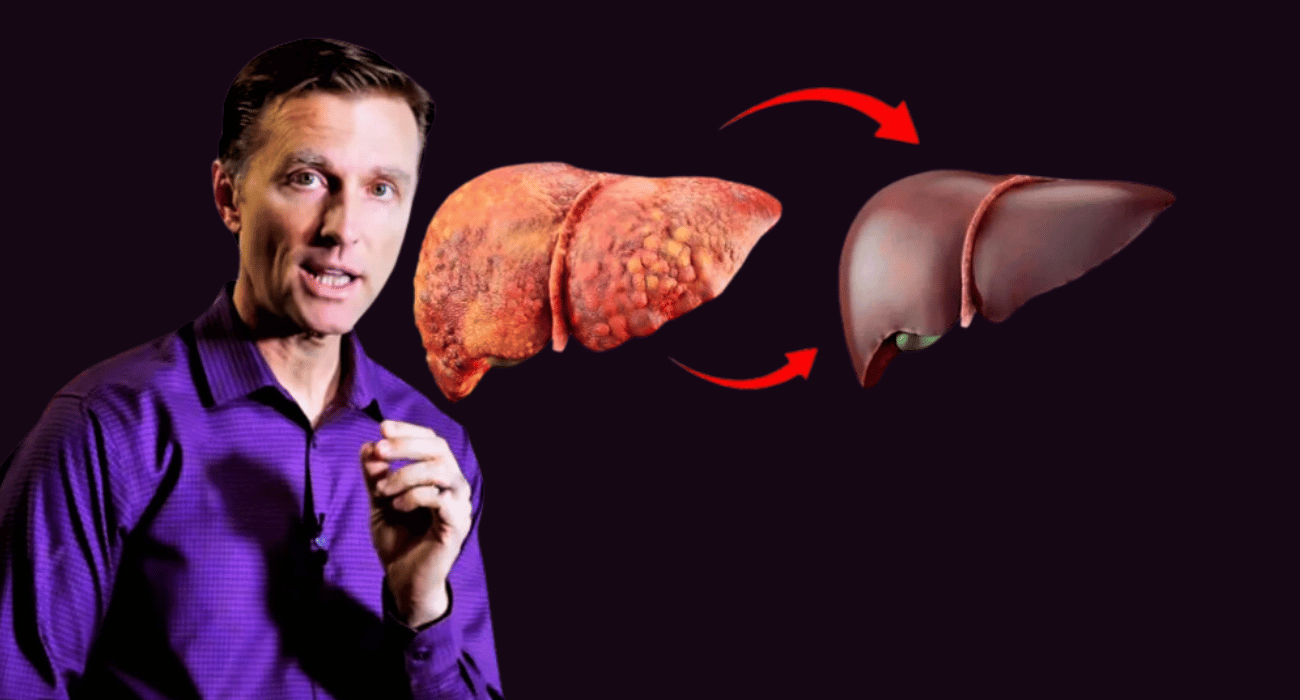6 Warning Signs That Your Liver May Be Overburdened with Toxins
Your liver is one of the most vital organs in your body, responsible for detoxification, nutrient metabolism, and maintaining overall well-being. However, when it becomes overwhelmed with toxins, its ability to function effectively can be compromised, potentially leading to serious health concerns.
Identifying the early indicators of liver distress can help you take timely action. Below are six key signs that your liver might be struggling:
1. Persistent Fatigue and Low Energy Levels
If you frequently feel exhausted despite getting adequate rest, it may indicate a liver issue. A well-functioning liver converts glucose into glycogen, ensuring a steady energy supply. However, when the liver is under strain, its ability to regulate energy levels diminishes, leading to chronic fatigue, brain fog, and sluggishness.
If unexplained tiredness persists, prioritizing liver health could be crucial to regaining vitality.
2. Yellowing of the Skin and Eyes (Jaundice)
A yellowish hue in the skin or the whites of your eyes is a strong indicator of liver dysfunction. This condition, known as jaundice, occurs when the liver is unable to efficiently process bilirubin, a byproduct of red blood cell breakdown.
If you notice yellowing of the skin or eyes, it is essential to seek medical evaluation, as this could point to underlying liver issues requiring immediate attention.
3. Skin Issues and Sensitivity
Experiencing frequent skin irritation, rashes, or itchiness? Your liver may be struggling to filter toxins from your bloodstream. When the liver is compromised, these toxins may accumulate in the body, triggering immune responses that manifest as allergic reactions, inflammation, or other skin conditions.
A nutrient-rich diet and proper hydration can support liver function and alleviate these symptoms.
4. Swelling in the Legs and Ankles
Liver dysfunction can cause fluid retention, leading to noticeable swelling in the lower extremities. When the liver is unable to regulate protein production and maintain fluid balance, excess fluids tend to accumulate in the legs and ankles.
If you experience persistent swelling, consulting a healthcare professional is advised to rule out potential liver-related concerns.
5. Difficulty Losing Weight
If you struggle with unexplained weight gain despite a balanced diet and regular exercise, your liver’s ability to process toxins and metabolize fats may be impaired. When toxins build up in fat cells, the body may hold onto excess weight, particularly around the midsection.
Enhancing liver function through a clean, toxin-free diet and staying well-hydrated can aid in more effective weight management.
6. Abdominal Pain or Discomfort
Discomfort or a dull ache in the upper right section of the abdomen could indicate liver congestion or inflammation. Initially mild, this discomfort may intensify over time if liver stress persists.
Ignoring such signs can lead to further complications, so seeking medical evaluation is strongly recommended.
Ways to Promote Liver Health
If you recognize any of these warning signs, adopting healthier habits can help improve liver function. Consider the following lifestyle changes:
- Follow a Liver-Supportive Diet: Incorporate antioxidant-rich foods such as leafy greens, berries, turmeric, garlic, and cruciferous vegetables to aid detoxification.
- Stay Hydrated: Drinking sufficient water helps flush toxins from the body and supports overall liver function.
- Limit Processed Foods and Refined Sugars: Reducing artificial additives, trans fats, and excessive sugar intake can lessen the burden on your liver.
- Engage in Regular Physical Activity: Exercise promotes circulation, supports metabolic functions, and aids in toxin elimination.
- Reduce Alcohol Intake and Avoid Smoking: Both habits can significantly damage liver cells and impede its ability to process toxins effectively.
- Get Regular Checkups: Routine liver function tests can help detect potential issues early, allowing for timely intervention.
Final Thoughts
Your liver plays a fundamental role in keeping your body healthy and toxin-free. Recognizing early symptoms of liver distress can help prevent severe complications. If you experience persistent fatigue, jaundice, skin issues, swelling, weight gain, or abdominal discomfort, addressing these concerns with lifestyle changes and medical consultation is essential.
By making informed choices and supporting your liver’s natural detoxification process, you can enhance your overall health and well-being for the long term.


